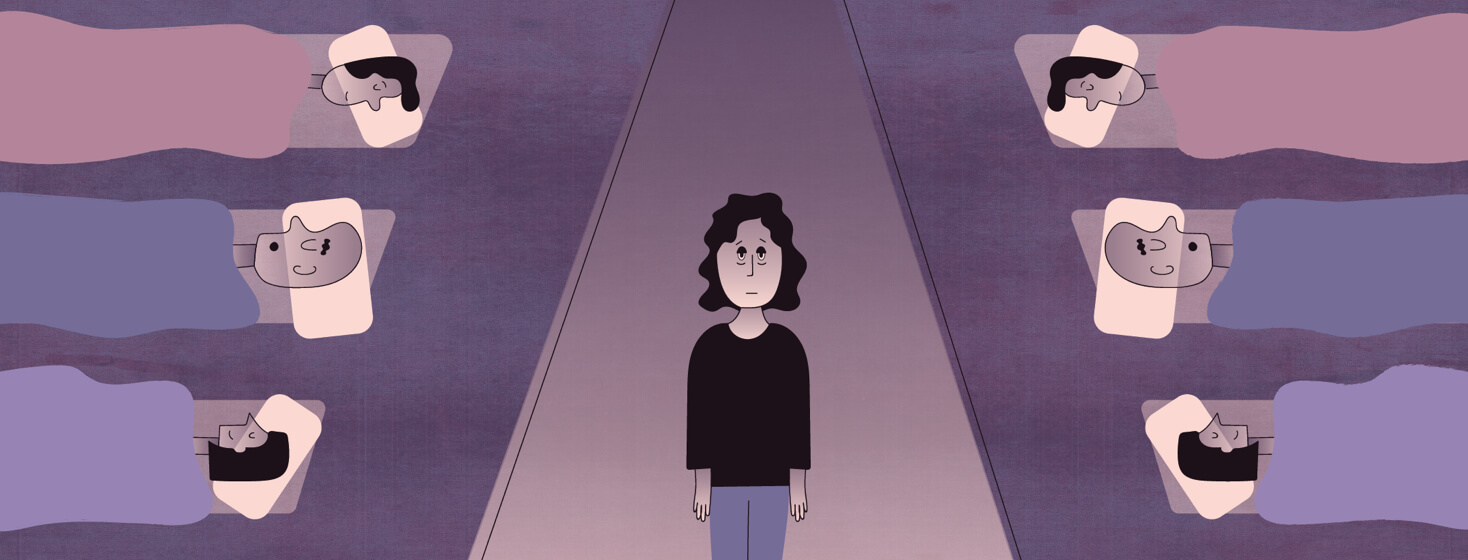What Insomnia Means to Me
Insomnia has been a daily and debilitating experience in my life, but thanks to the miracle of modern medicine, I now sleep most nights.
It’s only in the past decade I recognised insomnia as a health condition to treat. Prior to that, I was aware of being sleep-deprived but didn’t really associate the label “insomnia” with myself.
I have never slept well
As a child, my poor sleep at night and hyperactivity during the day was obvious to the people around me. I just took it for granted that life was like that. I did sleep - I wasn’t a complete insomniac as a child - but it took me a long time to fall asleep. I woke often throughout the night and was always an early riser.
Childhood patterns continue into adulthood
As I grew into adulthood the pattern remained the same and I just accepted it. I was full of the vim and verve of youth, so broken sleep didn’t stop me from studying and working. I’d wake with heavy eyelids, but a quick shower and a nice hot cup of tea would see me ready to face another long day.
As I got at least a few hours of sleep every night, I didn’t recognise myself as an insomniac. In fact, I somehow believed sleeping was a skill I just hadn’t learned yet, and with enough practice, I’d get better at it.
As my thirties and forties rolled around, I realised sleep was something other people do quite well. I’d hear friends and colleagues bemoaning 6 hours of sleep as a bad night. Really? I never got 6 hours.
I didn’t think of myself as an insomniac
I’d lie awake much of the night, my body literally fighting the urge to sleep. Despite being told I wasn’t tired enough, I was exhausted. My sleep was heavily broken, and over the 6 or 7 hours I spent in bed, I had perhaps 3 or 4 hours of interrupted sleep.
Still - I didn’t think of myself as an insomniac. I associated insomnia with zero sleep. I was definitely getting some, just not much.
Things got worse before they got better
It was around this time people started asking me how I coped with so little sleep. I honestly didn’t know how to answer this question. What other option is there? And how do you define “cope”? On thesaurus.com, synonyms include endure, get by, handle, suffer, survive. I was surviving, but only just.
Concurrent with my insomnia, I had restless legs syndrome (RLS). I was aware of the impact of RLS on my sleep and blamed it for all my insomnia issues. Things got a lot worse before they got better, and eventually, I only slept in 20-minute blocks. Some nights I had less than an hour sleep. Occasionally I got none at all but on average about 3 hours of very broken sleep. I ate a lot of food and gained a lot of weight. My mental health started to suffer.
Relief for my RLS, but sleep issues persisted
Sometime after I turned 40, I eventually found reprieve for RLS. I went to the doctor, was prescribed medication, and the restlessness settled. I once again slept 3 to 4 solid hours and dozed in 20-minute blocks. At the time, it felt like a miracle.
Despite medication, my nightly sleep total was well below 6 hours, and by the time my fiftieth birthday rolled around, I was routinely getting just 2 or 3 hours of broken sleep.
My mental health deteriorated
I was still doing everything that needed to be done each day, but age takes a toll, and exhaustion wore me down. Not only was I an insomniac, but I developed significant mental health issues.
I was seeing medical professionals regularly, and sleep - or lack thereof - was a much-discussed topic. It turned out RLS and insomnia are 2 different but related conditions. A sleep study showed I was in a state of hyperarousal 24/7, and this was a big contributor to my lack of sleep.
What insomnia means to me
To me, insomnia is a part of my life that needs to be managed - just like any medical condition. Left untreated, my quality of life is severely impacted, and as I age, day-to-day functioning decreases.
It took me a great many years to become aware that insomnia was a “thing” in my life, and I wish I treated it a lot sooner - the mental health impact has been huge and is something I’ll deal with for the rest of my life.
Gratitude and vigilance
I’m incredibly grateful for a supportive team of health professionals, and after much experimentation, treatment options worked for me.
I always need to be vigilant about good sleep hygiene and pay attention to sleeping patterns to ensure insomnia doesn’t get out of hand in the future. But for now, I’m content with the blissful hours of nothingness that descend upon me each night.

Join the conversation